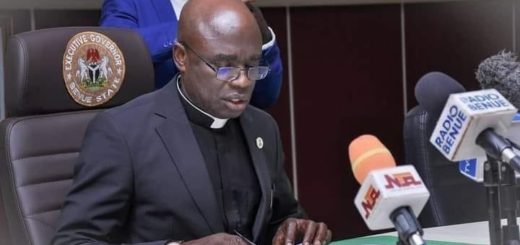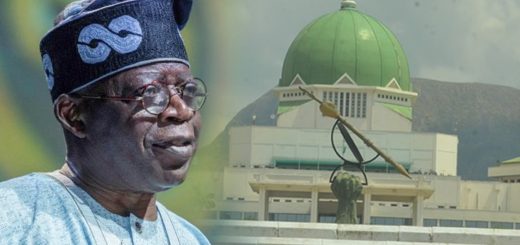EFCC Wins Court Approval to Freeze Accounts Linked to Terror Financing
 A Federal High Court in Abuja has authorized the Economic and Financial Crimes Commission (EFCC) to freeze 24 bank accounts allegedly connected to terrorism financing. The court granted the EFCC’s request after the commission’s lawyer, Martha Babatunde, presented an ex parte motion.
A Federal High Court in Abuja has authorized the Economic and Financial Crimes Commission (EFCC) to freeze 24 bank accounts allegedly connected to terrorism financing. The court granted the EFCC’s request after the commission’s lawyer, Martha Babatunde, presented an ex parte motion.
Justice Emeka Nwite, who approved the motion, allowed the EFCC to freeze the accounts for a period of 90 days to facilitate ongoing investigations into money laundering and terrorism financing. The application was filed under case number FHC/ABJ/CS/1897/V/2024 by senior counsel Ekele Iheanacho, SAN.
The frozen accounts are reportedly linked to Lawrence Lucky Eromosele, an individual currently under investigation for his involvement in a kidnapping case. The EFCC alleges that the accounts are being used for illicit activities, including manipulating the value of the naira through virtual cryptocurrency platforms to launder proceeds from unlawful acts.
In his affidavit, Mohammed Khalil, an investigator with the EFCC’s Special Investigation Team attached to the Office of the National Security Adviser (ONSA), revealed that the probe started following a directive from the National Security Adviser, Nuhu Ribadu. This directive was in response to a serious threat from a criminal syndicate that had issued ransom demands against senior operatives of the NSA.
Khalil further explained that the investigation led to the identification of Eromosele as one of the syndicate members. The team discovered that the suspects had been making threats against the operatives’ families, even providing specific details such as home addresses and planned movements, in an effort to force ransom payments.
As part of the investigation, the EFCC identified several bank accounts tied to the individuals behind the threats, further revealing that proceeds from criminal activities, including terrorism, were being exchanged covertly through these platforms.
Babatunde, representing the EFCC, requested the court’s approval to freeze these accounts while the investigation continues. Justice Nwite granted the request and set a hearing date for March 24, 2025, to review the progress of the case.
The EFCC has assured that once the investigation is complete, those responsible will be prosecuted accordingly.













